Talking about cancer can be hard, but breaking the news to kids can be harder. With the release of a book that hopes to sensitise children on the subject, here's why and how you should inform them
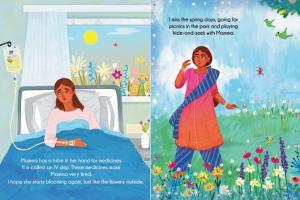
Illustrations/Tanya Kotnala
They say you can't truly know something until it happens to you. In 400 BC, Greek physician Hippocrates gave cancer a name — calling it "karkinos", which in Greek means a giant crab resembling the tumour. In the 1940s, chemotherapy came into light. But it wasn't until 2011, that Priya Sheth became aware of cancer.
The 35-year-old Vile Parle-resident and tuition teacher visited a gynaecologist for a regular health check-up when lumps were detected in her right breast. She was taken aback by the mammography report — her family had no history of cancer. After multiple consultations, Sheth underwent mastectomy. Crediting two of her professors and her brother- and sister-in-law as her core support group, she also adds Pankti to the group, her six-year-old daughter who could sense what she was going through despite not having all the knowledge.
ADVERTISEMENT
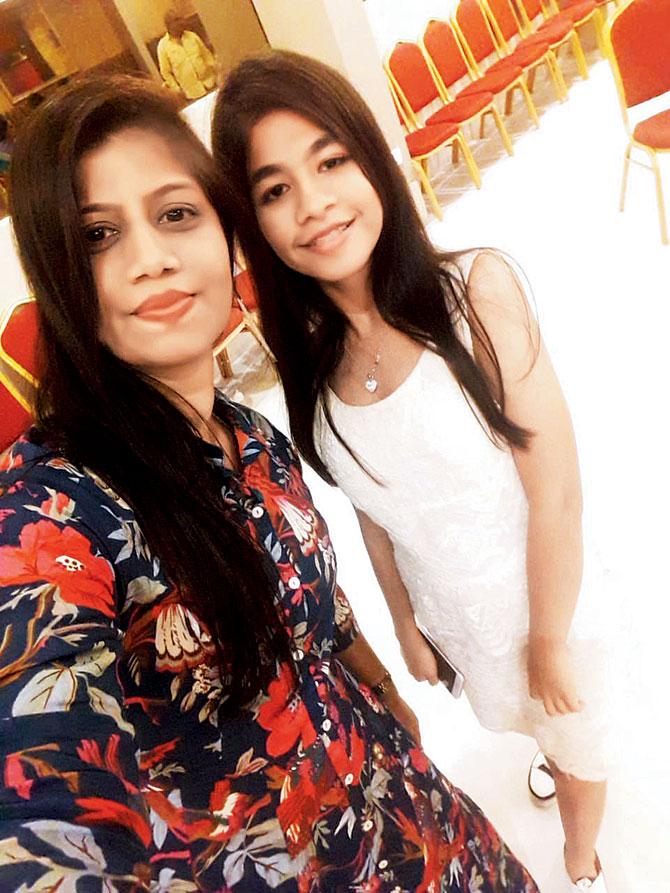
Pankti Seth was six when her mother Priya was diagnosed with breast cancer. Seth says it's important to involve kids in the support group
Drawing from what she learnt in a parenting course, Sheth would never lie to or hide anything from Pankti. "As soon as the reports came I sat with her and tried to explain my condition. I was still scared of telling my own parents. When I underwent chemotherapy, I'd send Pankti to her nani's place, and whenever they'd ask her about me, she would tell them that I'm away for a teacher training session," she shares, proceeding to recall how her daughter took care of her while she lost her hair and eyebrows and suffered side effects of diarrhoea and fever. "My daughter then would place a damp cloth on my forehead and would do it repeatedly."
The kids are all right
But unlike Sheth's story, the stigma around cancer is so huge, that parents would rather "protect" their kids from the news. Uttarakhand-based nutritionist Tanya Singh, 30, observed this in 2015 and 2016 when she started spending a lot of time in the hospital as two of her close relatives were diagnosed with the illness.
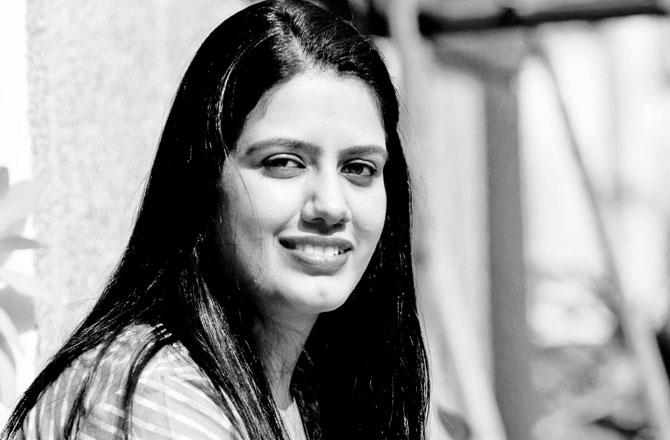
Tanya Singh
"I interacted with many children during my stay in the hospital. Then, I realised that they missed their parents in some way; but were hesitant to share their feelings about it. They would instead talk about an episode or incident in their life where the sick parent had played a crucial role. Some used to get aggressive around their parents during the visiting hours, others would just cry and not say a word. Observing this, I figured out that it is important for the elders to talk to the young ones and convey that whatever they are feeling is normal and expected," Singh says.
Moved by this experience, last month, she and illustrator Tanya Kotnala came out with Get Well Soon, Mamma! (Scholastic India), a book that aims at sensitising children towards cancer without any scientific jargon. It's a story of a little girl whose mother is diagnosed with cancer; Kotnala's illustrations are lively despite depicting a grim course of chemotherapy.
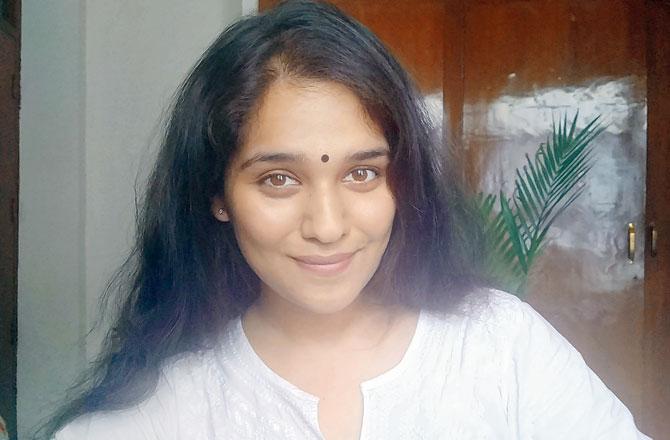
Tanya Kotnala
"The key part was to illustrate all the characters in such a manner that what seems to be an intense, sad and painful process to the onlooker is actually the everyday life of the characters... In the story, the child connects her feelings with the weather conditions and there's a transaction between her gloomy present and the blissful past i.e. what used to be cozy winters for the kid, becomes cold and unpleasant in the present," Kotnala says.
A story of survival
"In the movies, cancer is always seen as death. But people need to know that it is curable when detected early," says Anita Peter, executive director of the Cancer Patients Aid Association (CPAA). Although her organisation runs support groups and works on sensitising adults, children are left beyond its ambit. "It's something we have to start thinking seriously about. Educators need special training because one has to get down to a child's level of understanding. These kids need confidence, not sympathy," she says.

Anita Peter
Peter also points out how the dynamic between siblings can change if one of them is diagnosed with cancer. "The healthy sibling might start questioning why their parents' entire attention is being diverted to the one who is sick. But how much should a child be part of the cancer journey varies from case to case. For instance, Sonali Bendre's son was part of her treatment all through the way. But it is very difficult to compare how kids from a high-income background cope versus those who belong to the middle-class. We need more counsellors in hospitals."
The medical angle
Much has been said about the paucity of mental health professionals in India. According to the World Health Organisation (WHO), we have three psychiatrists per million people in contrast to the Commonwealth norm of 5.6 psychiatrists per 1,00,000 people. That, after being a country geared towards psychiatry rather than psychotherapy — so you'll be lucky if you hear of a psycho-oncologist. But Rehna William, a Colaba-based psycho-oncologist, stresses the need for consultation. "Most hospitals may not have this arrangement but it is ideal you consult with a counsellor who has worked for cancer-related organisations or social groups because much of the child's behaviour is unique to the condition," she says.
William recalls how a four-year-old patient who was to undergo a bone marrow transplant was able to describe her condition after her parents told her, "The doctors will replace the old blood with new." But Dr Mehul Bhansali, surgical oncologist, advises that children need to approach the counsellor when parents notice a sudden change in behaviour after they get to know of a diagnosis.
He explains, "It's not necessary to bring them to the oncologist along with the diagnosed parent unless they're mature enough and insist on coming along. If you take them to a public hospital that specialises in cancer treatment, by seeing a crowd of sick patients, the child may feel like 'Oh, this will happen to my parents as well', which might not be the case in a private hospital." With her daughter now 14 years old, Sheth advocates for better awareness among children. "I still believe that no matter the age of a child, they can still make sense of your condition. And anyone who is diagnosed needs to have a support group around — you need people. It is something we have to face and have to overcome."
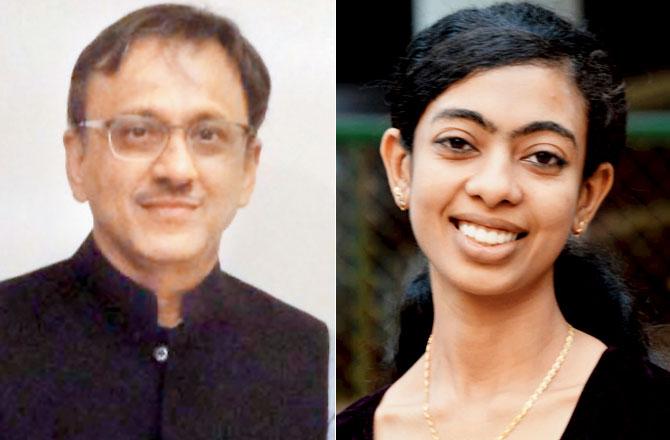
Dr Mehul Bhansali and Rehna William
How to break the news
. Treat information like medicine — give it in doses. It is very important that children become part of the care plan.
. Don't always trust what you read on the Internet. Even if there are different stages in cancer, each situation is unique. Many people survive the fourth stage. Tell your child exactly what your doctor told you.
. Caution them about physical changes like loss of hair, as well.
. Just like you don't self-medicate for a physical illness, consult with a mental health expert about how to chat. This is a must in the terminal stage.
Catch up on all the latest Mumbai news, crime news, current affairs, and also a complete guide on Mumbai from food to things to do and events across the city here. Also download the new mid-day Android and iOS apps to get latest updates
 Subscribe today by clicking the link and stay updated with the latest news!" Click here!
Subscribe today by clicking the link and stay updated with the latest news!" Click here!







